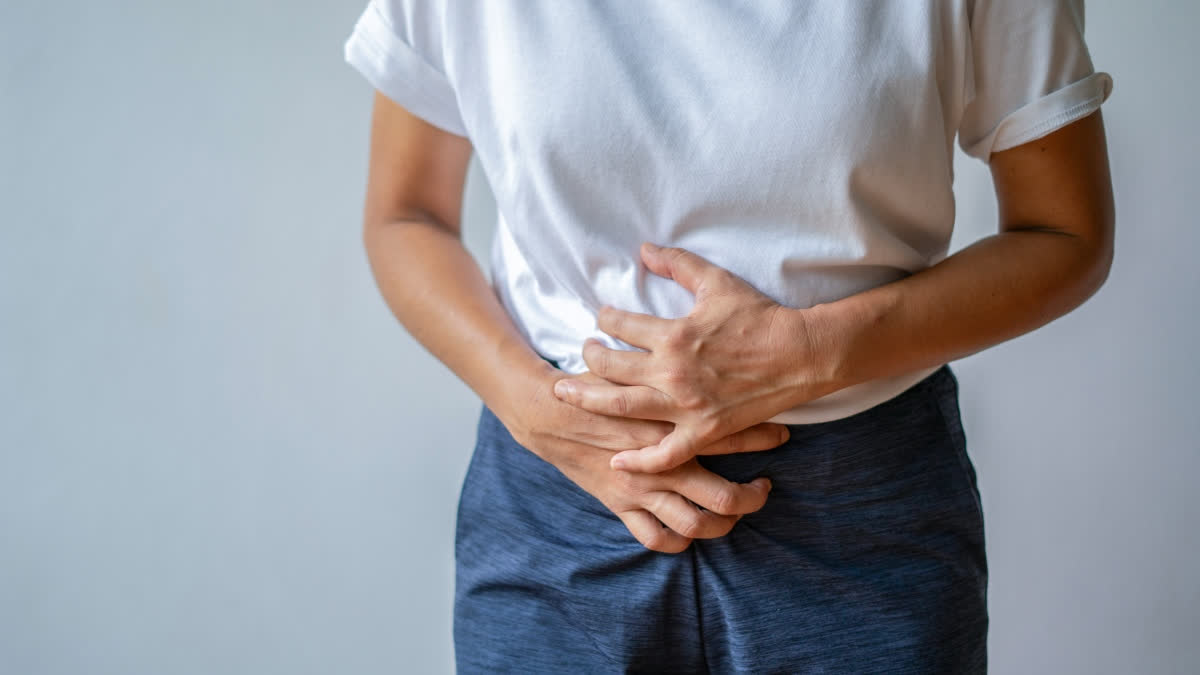The recent outbreak of Guillain-Barré Syndrome (GBS) in Pune's Sinhagad Road area has raised concern among residents. So far, 67 patients have been diagnosed with the rare neurological disorder. The Neurological Society of Pune has requested people not to panic and reassured them that GBS is a ‘treatable condition’.
Patients with GBS reported diarrhea or respiratory symptoms (cough, cold etc) before the onset of GBS. Such outbreaks are linked to bacterial or viral infections. Neurologists are treating the affected patients while authorities are investigating the outbreak.
The Neurological Sociery of Pune has issues an advisory with dos and don'ts that include boiling water before drinking or preparing food, eating healthy and hygienic food and cleaning the vegetables thoroughly. The advisory also urges people to refrain from spreading rumours.
What is GBS?
A rare but treatable neurological condition where immune system attacks the nerves system which leads to weakness in the upper and lower limbs, neck, face, and eyes, tingling or numbness, difficulty walking, swallowing, or breathing in severe cases. The illness starts suddenly and can progress over four weeks. Some patients may experience rapid decline, which other may progress gradually. In some cases patients might require ICU.
How does Campylobacter cause GBS?
Health authorities suspect a link to 'Campylobacter' infection which is transmitted through contaminated water or food. Doctors who diagnosed patients with 'campylobacter Jejuni' infection say it can occur after eating contaminated food or drinking water. The infection may lead to abdominal crams and diarrhea and symptoms such as fever, nausea, and vomiting. In some patients bacteria can also attack nerves system causing GBS within one to three weeks.
Some of the other triggers are infections like other viruses including dengue, chikungunya or bacteria which can cause abdominal immune rejection against nerves. "If you experience these symptoms, seek medical attention promptly," the advisory said.
How you can protect yourself
Start with drinking boiled water. Use bottled water if you are unsure of the water you are consuming at home or outside. As per the advisory guidelines, wash vegetables and fruits before cooking. Avoid raw or undercooked food, especially eggs and seafood. Wash hands with soap and water regulating, especially before eating and after using the toilet. The advisory also mentions to avoid sharing utensils or food during the outbreak period. Disinfecting kitchen surface and utensils after handling raw meat is also advisable.
When to seek medical help
If you experience sudden weakness in the legs or arms, difficulty walking or numbness, persistent diarrhea, especially with discharge of blood, it is advised to seek medical help.
Read More:
- Two New Cases Of HMPV Reported In Jaipur
- Woman's Health: What Is Genital Herpes And How You Can Prevent It
- Why Hair-Related Homecare Hacks And Remedies Are Dangerous For Your Health
